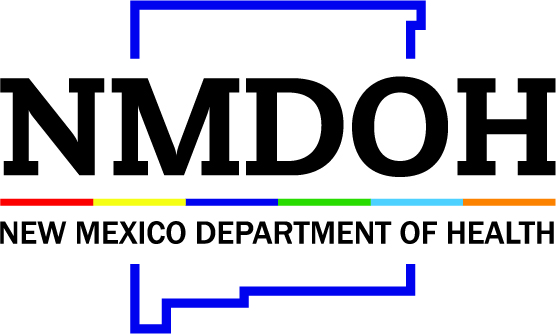Becoming a COVID-19 Vaccine Provider
Part 3: Administering COVID-19 Vaccine in Your Practice
Helpful topics to consider when you are preparing to administer the COVID-19 Vaccine.
Vaccine Workflow with 15 min. Observation Period
Think through options for providing vaccine:
- Have separate nurse clinic appointments for vaccine
- Use current vaccine work flow for COVID-19 vaccine
- Give COVID-19 vaccine at the beginning of the visit so that the 15 minutes of observation is during the provider visit
- “Mass Vax” model: Pick a day where you will vaccinate a large # of patients
Informed Consent
Before administering COVID-19 vaccine, organization must provide an approved Emergency Use Authorization (EUA) fact sheet to each vaccine recipient, the adult parent or caregiver accompanying the recipient, or other legal representative.
The EUA’s are updated with new information and approvals. Check the CDC website periodically to ensure you have the most current version.
EUA Forms
(These can be printed out or reviewed by patient digitally)
Pfizer:
Pfizer-BioNTech COVID-19 Vaccine EUA Fact Sheet for Recipients and Caregivers (fda.gov)
Moderna:
Moderna COVID-19 Vaccine EUA Fact Sheet for Health Care Providers (fda.gov)
Moderna COVID-19 Vaccine EUA Fact Sheet for Recipients and Caregivers (fda.gov)
Janssen (J&J):
Janssen COVID-19 Vaccine EUA Fact Sheet for Recipients and Caregivers 04232021 (fda.gov)
Informed Consent for Children (under 18)
Practices can utilize their own consent forms for vaccination of minors
DOH allows vaccinations without a parent or legal guardian present with signed consent forms
If you choose to use the DOH parental consent form, the link is here in multiple languages: https://cv.nmhealth.org/covid-vaccine/resources/
Co-administration with Other Vaccines
COVID-19 vaccines and other vaccines may now be administered without regard to timing.
This includes simultaneous administration of COVID-19 vaccines and other vaccines on the same day, as well as co-administration within 14 days.
Interim Clinical Considerations for Use of COVID-19 Vaccines | CDC
“Wastage Policy”: Try not to waste, but always vaccinate an eligible person
The more Americans who get vaccinated, the fewer COVID-19 cases, hospitalizations, outbreaks, and deaths that will occur.
As access to COVID-19 vaccine increases, it is important for providers to not miss any opportunity to vaccinate every eligible person who presents at vaccine clinics.
We recognize that as we continue to create more opportunities to vaccinate more people, it may increase the likelihood of leaving unused doses in a vial.
While we want to continue to follow best practices to use every dose possible, we do not want that to be at the expense of missing an opportunity to vaccinate every eligible person when they are ready to get vaccinated.
Liability
- Your office cannot be sued over a vaccine side effect
- All claims go to the National Vaccine Injury Compensation Program
- For more information, go to:
- National Vaccine Injury Compensation Program | Official web site of the U.S. Health Resources & Services Administration (hrsa.gov)
- Compensation Programs for Potential COVID-19 Vaccine Injuries (congress.gov)
Who Should/Can Be Vaccinated?
- Initially vaccine providers were encouraged to vaccinate more than just their population of patients due to limited resources
- Now providers can choose to vaccinate only their patients due to the fact that the vaccine has become more readily available
- Anyone over 12 years old is eligible to be vaccinated
Other Vaccination Provider Tips
- Reduce amount of paperwork or steps required to make an appointment. Look for ways you can streamline the intake process once in office (this also prevents exposure longer than necessary). Consider having patients complete paperwork ahead of time. This can also help people commit to getting vaccinated. Share messages like “Pre-fill in the paperwork at this link to make sign-in faster.”
- Schedule the second vaccine appointment during the first appointment if using a two-dose vaccine.
- Provide follow-up reminders via text or email that are close to the appointment date.
- Consider barriers your patients may face. Ask people how they plan on getting to the appointment. Consider pointing to other accessibility resources, such as vaccinations for homebound patients, locations with expanded office hours, or offer walk-in appointments if possible. Your local health department may be able to point you to some of these resources.
